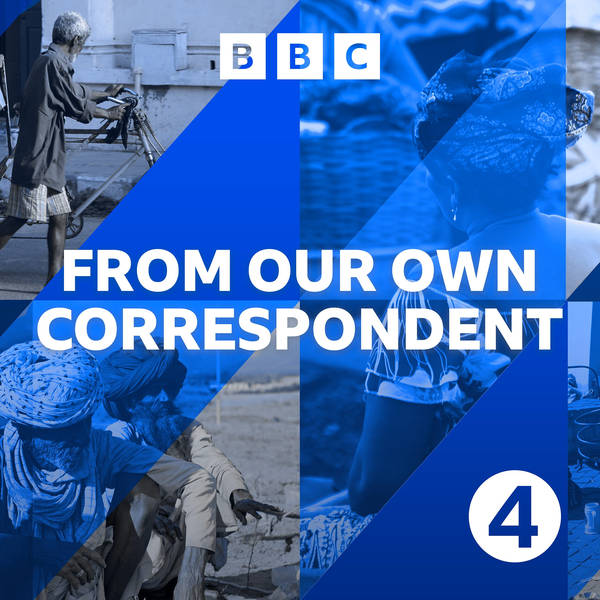
Brazil votes on the Amazon's future
Kate Adie introduces dispatches from Brazil, Taiwan, Zambia, Sweden and the USA.
On Sunday Brazilians vote in the final stage of their presidential election, and the slate offers a very clear choice. Meanwhile, the indigenous peoples of Brazil are facing a host of outside threats, as illegal gold miners flood into their traditional lands to seek their fortunes. While the mining process itself damages the forest, the social effects are also insidious. Katy Watson has been to the world's largest indigenous reserve, territory of the Yanomami people, to hear how the gold rush is playing out.
The issue of Taiwan's identity is one of the most vexed geopolitical questions around. On the Chinese mainland, there's no doubt - Taiwan is historically part of China and reunification should happen as soon as possible. On the island itself, most people have very different views. In Taipei, Zeinab Badawi considers the past, present and future of a possible flashpoint for regional conflict.
Food prices have been rising almost everywhere, in the wake of the war in Ukraine and several seasons of drought and natural disaster in many of the world's usual 'breadbaskets'. Some feel the effects far more keenly than others. In Zambia, the soaring cost of bottled gas and vegetable oil means even the simplest snack is now out of reach for some. Qasa Alom stopped off in a small town to talk about the price of potato chips with a woman who earns her living selling them from a stall.
Most stereotypes of Sweden revolve around ABBA and Ikea, a strong welfare state and political moderation. But the results of the most recent general election shook those certainties, as a far-right nativist party, the Sweden Democrats, gained over a fifth of the votes and became a key part of the new right-wing coalition in government. Matilda Welin's been wondering if it's time for Swedes and others to rethink what the country's really about.
Can the United States of America ever really make amends for the sins of its past? Paying reparations to the descendants of enslaved people was a central demand for the Black Lives Matter movement. Calculating the best way to pay out is a challenge to communities and institutions. Mike Wendling reports from Evanston, Illinois, on one scheme which has made some first steps.
Producer: Serena Tarling Editor: Richard Fenton-Smith Production Co-ordinator: Iona Hammond
